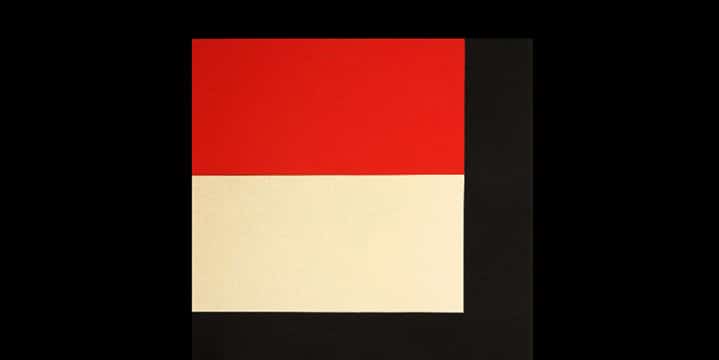
Order, Disorder, Reorder: Part One
Awe, Wonder, and Love
Thursday, August 13, 2020
A sense of wonder and awe is the foundation of religion. Too often we associate religion with belonging to a church or professing certain beliefs, but the religious instinct is so much broader than that. Sikh activist and human rights lawyer Valarie Kaur teaches us that awe and wonder can make us available to greater depths of compassion, union, and love.
Wonder is our birthright. It comes easily in childhood—the feeling of watching dust motes dancing in sunlight, or climbing a tree to touch the sky, or falling asleep thinking about where the universe ends. If we are safe and nurtured enough to develop our capacity to wonder, we start to wonder about the people in our lives, too—their thoughts and experiences, their pain and joy, their wants and needs. We begin to sense that they are to themselves as vast and complex as we are to ourselves, their inner world as infinite as our own. In other words, we are seeing them as our equal. We are gaining information about how to love them. Wonder is the wellspring for love. . . .
The call to love beyond our own flesh and blood is ancient. It echoes down to us on the lips of indigenous leaders, spiritual teachers, and social reformers through the centuries. [The founder of Sikhism] Guru Nanak called us to see no stranger, Buddha to practice unending compassion, Abraham to open our tent to all, Jesus to love our neighbors, Muhammad to take in the orphan, [Hindu mystic saint] Mirabai to love without limit. They all expanded the circle of who counts as one of us, and therefore who is worthy of our care and concern. These teachings were rooted in the linguistic, cultural, and spiritual contexts of their time, but they spoke of a common vision of our interconnectedness and interdependence. . . .
What has been an ancient spiritual truth is now increasingly verified by science: We are all indivisibly part of one another. We share a common ancestry with everyone and everything alive on earth. The air we breathe contains atoms that have passed through the lungs of ancestors long dead. Our bodies are composed of the same elements created deep inside the furnaces of long-dead stars. We can look upon the face of anyone or anything around us and say—as a moral declaration and a spiritual, cosmological, and biological fact: You are a part of me I do not yet know.
But you don’t have to be religious in order to open to wonder. You only have to reclaim a sliver of what you once knew as a child. If you remember how to wonder, then you already have what you need to learn how to love.
Reference:
Valarie Kaur, See No Stranger: A Memoir and Manifesto of Revolutionary Love (One World: 2020), 10–11.

